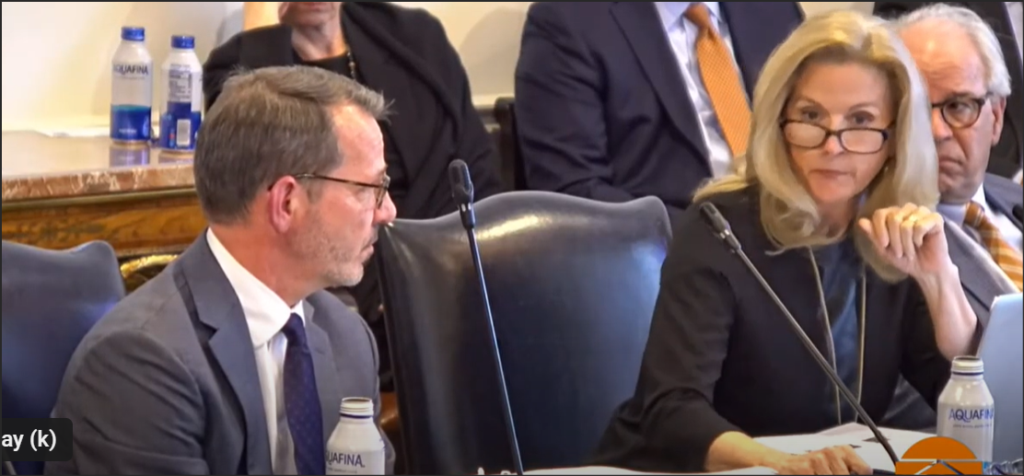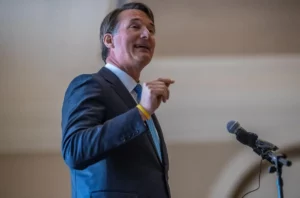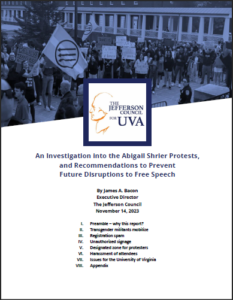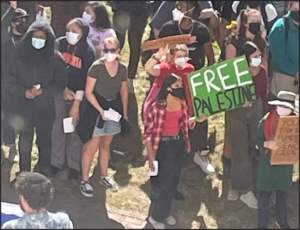
Richmond City Hall
by Jon Baliles
Last month, City Council applied a few new stringent guardrails to public comment at Council meetings by altering their Rules of Procedure under the guise of “streamlining” meetings.
Now, I am all for free speech, but I also understand that people showing up to Council meetings to push for a ceasefire, fight world hunger, or colonize Mars (i.e., things Council can’t do anything about) takes up valuable time on issues that Council should be addressing (or trying to address). City Council is granted specific powers, and resolving world issues is (thankfully) not one of them. The business of local government is local and decidedly unsexy: trash pickup, potholes, schools, housing, public safety, transit, development, etc.
Council used to limit each public comment session at each meeting to eight speakers who sign up beforehand with the City Clerk with a brief description of their topic and are each given three minutes to speak. The new rules do not apply to people speaking to issues on the Consent Agenda or Regular Agenda or budget meetings; but lately, almost all of these eight Public Comment slots have been taken by people calling for or against issuing an official resolution for a ceasefire in Gaza, even though Council has not discussed any such resolution. Continue reading



 by James A. Bacon
by James A. Bacon
 by James A. Bacon
by James A. Bacon






 by Michael Giere
by Michael Giere
